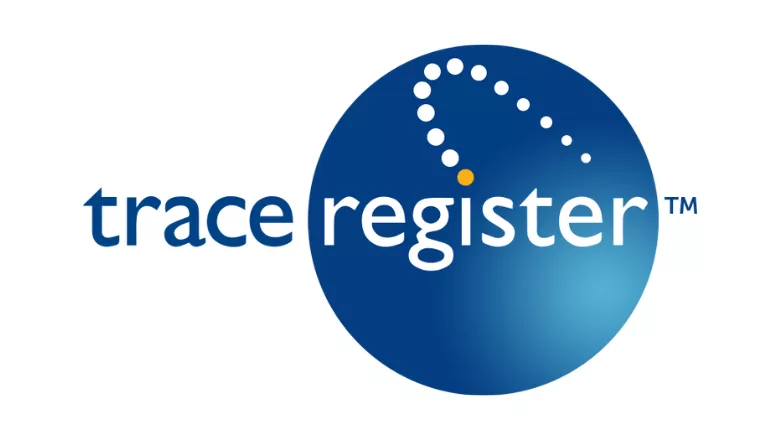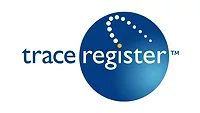BIZTRACKS
Trace Register TR5 Seafood Traceability Platform Passes GDST Capability Test

Trace Register’s TR5 seafood traceability platform has successfully passed the latest and most advanced capability test from the Global Dialogue on Seafood Traceability (GDST). In addition to achieving this milestone, TR5 maintains backward compatibility, ensuring seamless integration with older systems.
The GDST capability test verifies that TR5 enables automatic, computer-to-computer sharing of GDST-compatible data, ensuring seamless data exchange between traceability systems. The test is the first tool designed to verify software solutions' ability to share GDST-compatible data in real-time business transactions.
TR5 can help companies more easily address U.S. Food and Drug Administration (FDA) regulatory compliance, such as with the the Seafood Import Monitoring Program (SIMP) and the Food Traceability Final Rule/Section 204(d) of the Food Safety Modernization Act (FSMA 204).
Backward compatibility further enhances the platform's flexibility, allowing users to upgrade without losing access to existing data or workflows. By maintaining interoperability with previous versions, TR5 enables a smooth transition for companies adopting newer technology while ensuring continued data integrity.
Trace Register has collaborated on the development of its traceability solutions with GDST and other seafood industry stakeholders to ensure the practical implementation of GDST standards. For example, the use of GS1's EPCIS capture interface ensures seamless, two-way data exchange between systems, eliminating the need for manual data entry and safeguarding critical data points.
Looking for quick answers on food safety topics?
Try Ask FSM, our new smart AI search tool.
Ask FSM →









